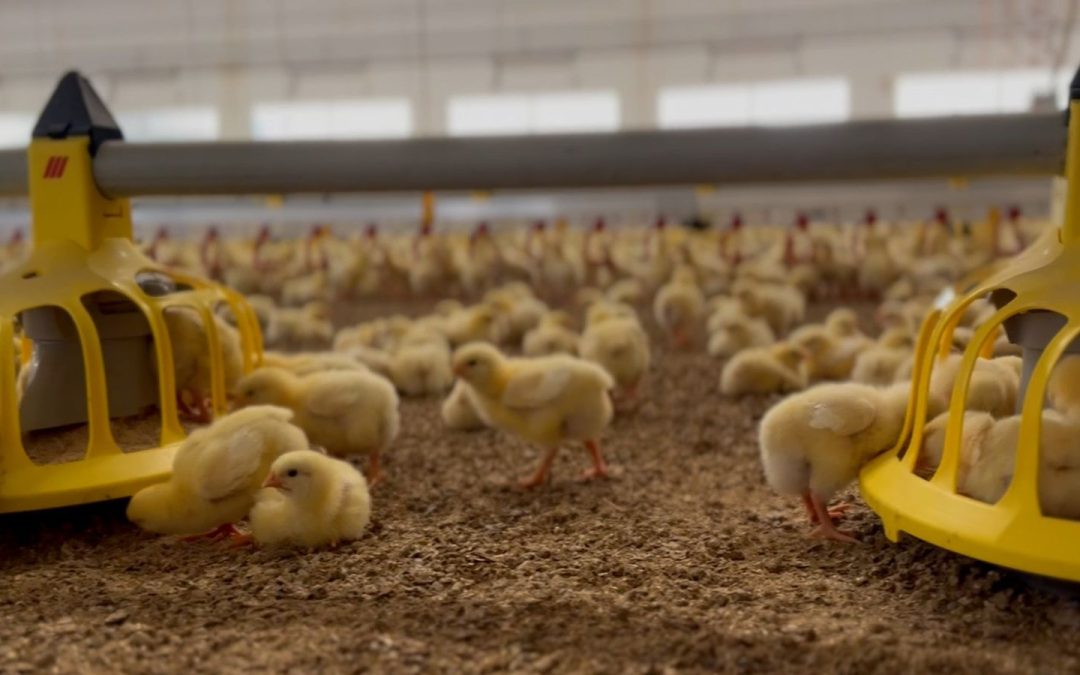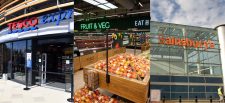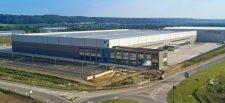Avara Foods has completed the switch to a new agricultural programme with reduced stocking densities across all its supplying broiler farms.
As of 10th April, every broiler farm supplying Avara Foods has been operating at 30kg per square metre, compared to the previous Red Tractor standard it used of 38kg per square metre.
A key purchase for consumers
The company says that the switch reflects commitments by the majority of UK retailers to sell its core range of fresh primary chicken, a key purchase for more than 90% of UK consumers, to birds reared at a lower stock stocking density.
“We know that consumers are increasingly interested in the welfare and sustainability credentials of the food they buy.”
Chris Hall, Avara Foods incoming CEO, said: “Switching our programme to a lower stocking density is another step forward in quality and higher welfare with our customers, supplied here in the UK to standards shoppers can trust.
“Our retail customers have made a commitment and we know, though our insight, that consumers are increasingly interested in the welfare and sustainability credentials of the food they buy. That’s why it’s been important for us to carefully manage those requirements: improving welfare while reducing our environmental footprint, while recognising that our cost of production must remain competitive here in the UK to protect food security for the public.”
Protecting home-grown production
Accounting for more than 50% of meat consumption, there is high demand for UK poultry.
As part of its announcement, Avara Foods said that to maintain standards and ensure a secure food supply chain for British shoppers, it is critical there is a level playing field for UK produced versus imported poultry product.
“We already import almost half of the poultry we consume,” commented Hall. “Unless we value and protect our home-grown production, and the standards it represents, the risk is that we are more reliant on other countries, at a time when the global picture is rapidly changing. We have to be able to look after ourselves in an uncertain world, and food security, alongside energy and defence is critical to that.”









